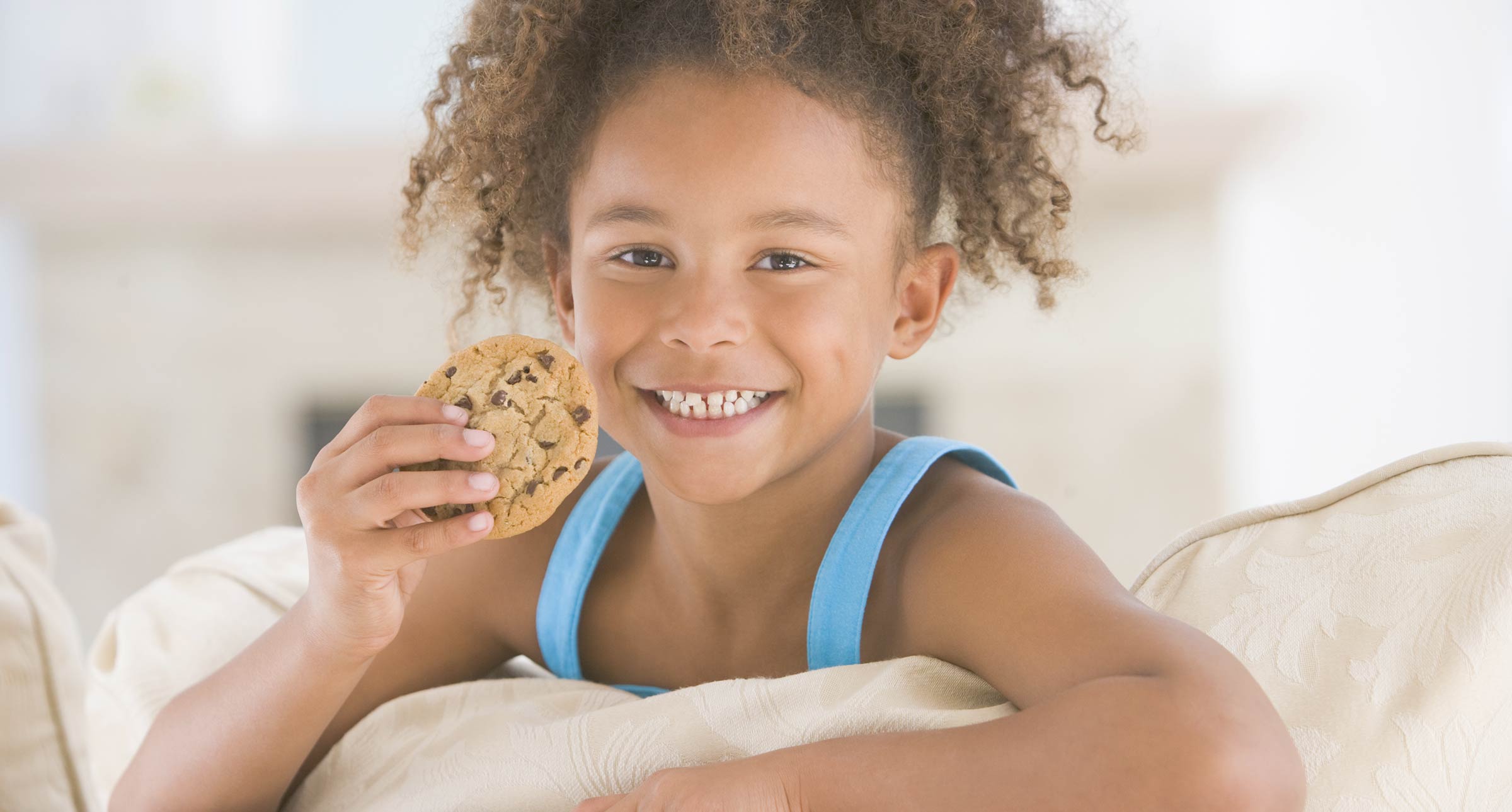What are the best foods for constipation
You are feeling bloated and blocked and wondering what to eat for constipation.
You may have heard conflicting stories about what to eat, making you remain undecided.
Well, this article is here to give you guidelines on how you can remedy the situation.
We will focus on the foods to eat for relieving constipation.
Dietary Fiber
Fiber is an essential part of every meal and helps to keep the digestive tract working effectively. It is a unique kind of carbohydrate that our bodies do not break down during digestion. Generally, we do not usually absorb many calories from fiber, but plant foods with fiber usually contain starch and sugars.
Fiber is sometimes referred to as bulk or roughage, and it usually gets into the intestines and absorbs water. Because it creates bulk in food, it enables the intestinal muscles to push wastes out of the body.
A diet with enough fiber prevents constipation. Nutritionists advise adults to get 25 to 31 grams of fiber daily. You can talk to a dietitian to ensure that you have meals with the right amount of fiber. When constipated, add fiber to your diet a little at a time until your body can get used to the changes.
Insoluble Fiber
Insoluble fiber does not dissolve in water and is left intact as food moves through the gastrointestinal tract. The term fiber refers to all the parts of plant-based foods that cannot be digested or absorbed by the body.
High Fiber Foods:
Whole grains
They include pasta, oatmeal, and whole-wheat bread.
Fruits
They include berries, bananas, mangoes, and pears. You may be asking, are bananas good for constipation? It depends on the ripeness. Ripe bananas contain soluble fiber that can help in constipation. On the contrary, un-ripened, green bananas can be a cause of constipation. So, do bananas cause constipation? Sometimes yes, and sometimes no!
Legumes
Legumes include beans, chickpeas, and lentils. They are also a good source of protein.
Vegetables
Examples include broccoli, green peas, carrots, and kales.
Nuts
They include peanuts, almonds, and walnuts. The fats contained in nuts are the heart-healthy type. Nuts are also a good source of protein.
Drink Plenty of Fluids
Including:
- water
- clear soups
- and vegetable juices
The fluids will work with the fiber to soften the stool, making it easier to pass a bowel movement. Fluids will also keep you hydrated, which is good for your health.
The quantity of fluids you should take in a day depends on your health, body size, and activity level. Sometimes, the place where you live may also determine how much you need to drink, especially if you live in a humid or hot climate when you sweat more.
Constipation Foods to Avoid
There are foods that you should avoid when feeling constipated. They include:
Processed Foods
– These contain little to no fiber. These foods usually lead to constipation. Be sure to avoid chips, fast foods, frozen meals, hotdogs, burgers, and meals like microwavable dinners if you suffer from constipation.
The best thing is to eat natural foods like fruits, vegetables, and cereals.
Dairy Products
– The lactose in dairy can produce gas and make you uncomfortable if you are already constipated. It is important to note that dairy on its own does not cause constipation.
Caffeinated Drinks
– Taking coffee and caffeinated drinks throughout the day can cause dehydration, resulting in difficulty during bowel movements.
FAQ’S – Frequently Asked Questions
What is the best food for fiber intake?
Ensure you have a varied diet with enough fiber. Great sources of fiber include legumes, whole grains, and fruits like berries and mango.
What are common foods to avoid?
If you are suffering from constipation, consider avoiding highly processed or low fiber foods. Excessive dairy can lead to more bloating and discomfort but does not lead to constipation perse.
Do bananas relieve constipation?
Green bananas have low fiber content and can lead to painful constipation. Ripe bananas have more fiber and can help remedy constipation.
Is there fiber in whole grain bread?
Whole-wheat bread is higher in fiber, protein, and several nutrients. It’s also lower in antinutrients than sprouted bread – while whole wheat contains antioxidants like folate, vitamin E, C & beta-carotene!
Is there a good source of fiber in brown rice?
Brown rice contains many heart-friendly nutrients. It’s a rich source of dietary fiber, which can reduce your risk of death from heart disease by up to 23 percent.
Brown rice also has high levels of magnesium that helps you become less vulnerable to stroke and other diseases associated with the cardiovascular system such as atherosclerosis and hypertension.
Are kidney beans a good source of fiber?
Kidney beans are a great source of fiber, high in resistant starch and alpha-galactosides. Studies have shown that these fibers may work to improve weight management by providing satiety.
However, kidney beans contain some insoluble fibers called alpha-galactosides which can cause diarrhea or flatulence for those with sensitive stomachs
#YouGotThis






































